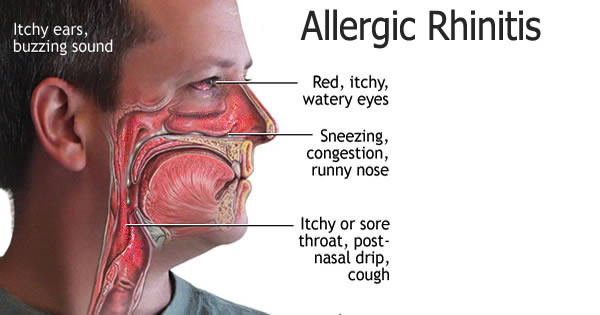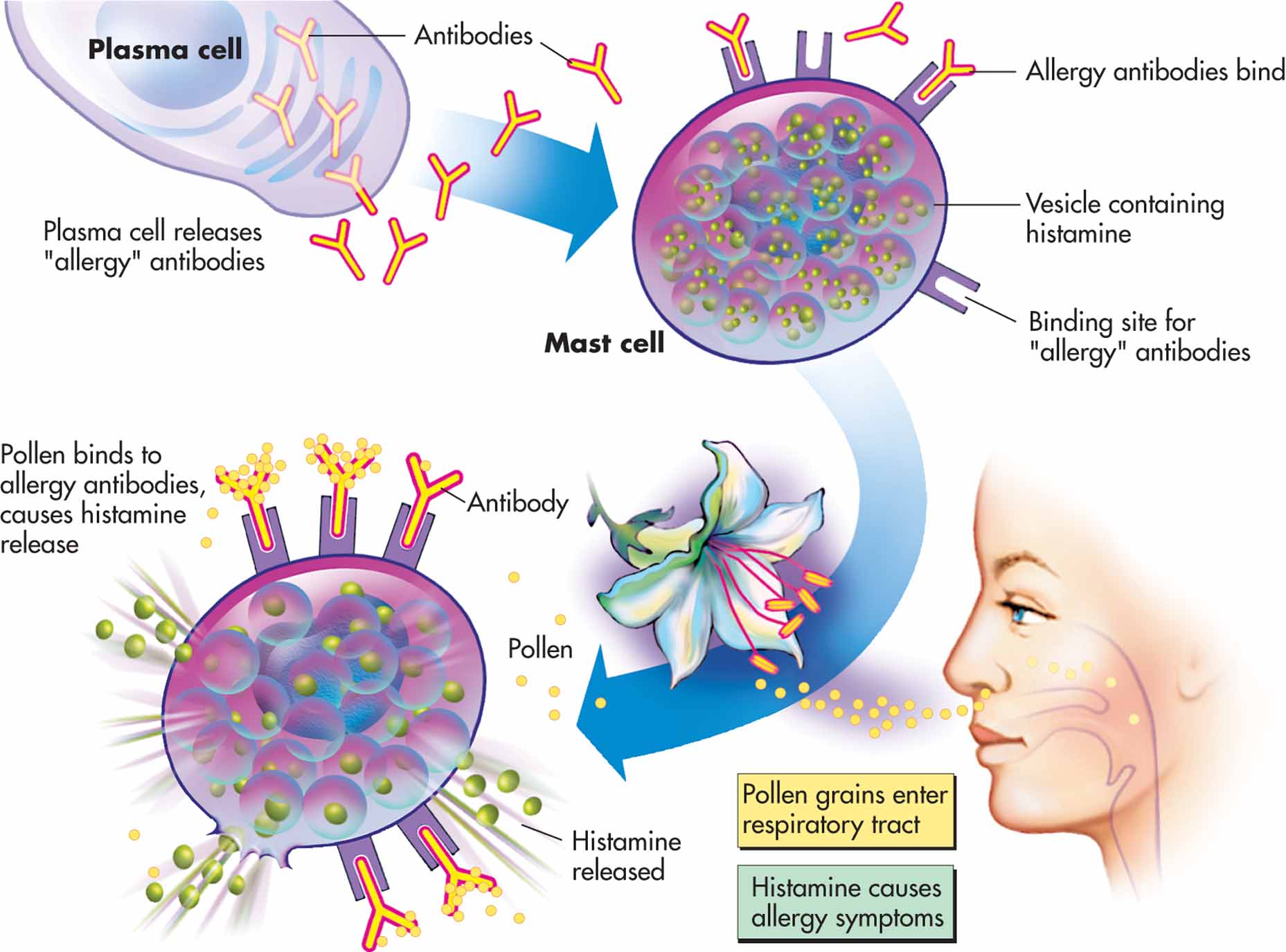Jacqueline Le-Guevara, MD
Family Medicine - Board Certified
Allergic Rhinitis, also known as plainly as allergies or hay fever, occurs when your immune system overreacts to particles in the air that you breath. Basically, you are allergic to them. Your immune system attacks the particles in your body, causing symptoms such as sneezing, runny nose, nasal congestion, itchy eyes, itchy nose, and post-nasal drip. A lot of the time these symptoms can give you a nagging cough as well. The particles are called allergens, which simply means they can cause an allergic reaction.
Allergic Rhinitis is very common. It affects 10 to 30 percent of children and adults in the United States and other industrialized countries. So, you are not alone!
What are some symptoms of allergic rhinitis?
-
Constant sneezing
-
Runny nose
-
Postnasal drip
-
Itchy, watery eyes
-
Itchy nose, ears, and throat
-
Persistent cough
What is causing my allergies?
Unfortunately, many things can cause allergic rhintis
-
Trees, grasses, weeds
-
Dust mites
-
Animal dander
-
Cockroaches
-
Mold
If you are allergic to pollens and weeds, you may have symptoms only at certain times of the year (Seasonal Allergies). If you are allergic to dust mites and indoor allergens, you may have symptoms all the time.
How Do I Treat It?
There is no cure for allergic rhinitis. One of the most effective ways to treat your allergies are to avoid the things that cause them. You may need to clean your house often to get rid of dust, animal dander, or molds. Or you may need to stay indoors when pollen counts are high.
It’s best to talk to your doctor first. People that should definitely talk to their doctor before starting self-treatment include older adults, children, and women who are pregnant or breast-feeding.

